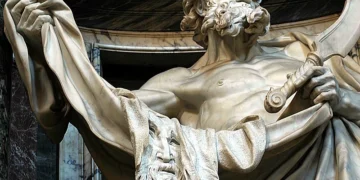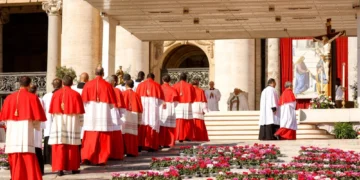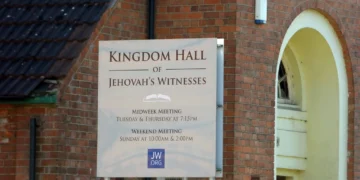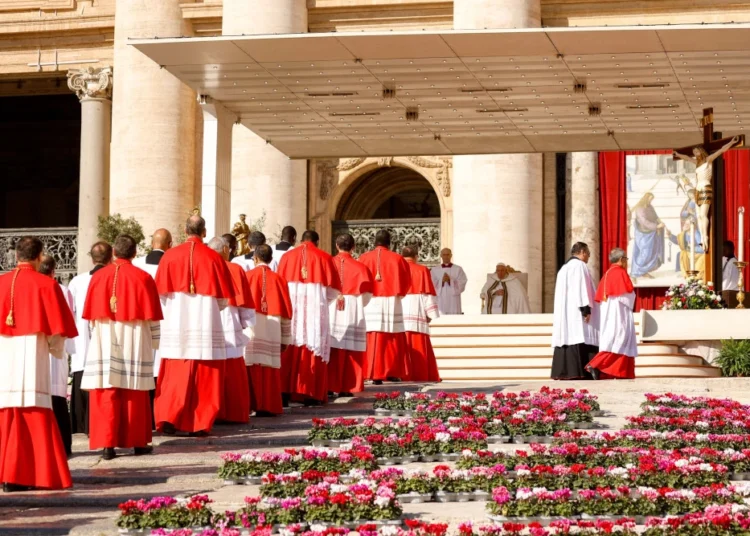Picture yourself entering the ornately decorated halls of a centuries-old church, where a group of robed figures sits, engaging in a discourse that shapes the very fabric of the religious institution. These individuals form what is known as a consistory, a governing body that oversees matters of faith, discipline, and the clergy. However, in the modern age, the need to adapt religious institutions to the ever-changing dynamics of society has become more apparent than ever before.
In a world where technological advancements and emerging cultural shifts have brought unprecedented levels of diversity and complexity, traditional religious structures are finding themselves at a crossroads. A vivid scenario arises when a congregation demands inclusivity and equality, urging the clergy to address contemporary issues such as gender roles, LGBTQ+ rights, and racial disparity. It is within this puzzle of societal dynamics that the role of the consistory takes center stage.
Embracing Social Changes
Religious institutions must acknowledge and respond to the changing needs and expectations of their congregations. By incorporating socially progressive values into their core principles, consistorial bodies can better bridge the gap between traditional teachings and the aspirations of the modern world. This may involve revisiting certain doctrines and beliefs that may have become outdated in the context of today’s society.
Encouraging Inclusivity
To remain relevant and connected to their communities, religious institutions must strive for inclusivity. Consistories should work towards eliminating barriers based on gender, race, and socio-economic status, while fostering an environment that welcomes diversity. This inclusiveness also extends to marginalized groups, like the LGBTQ+ community, who seek understanding, acceptance, and the opportunity to actively participate in religious life.
Promoting Interfaith Dialogue
In an increasingly interconnected world, religious institutions must embrace dialogue and collaboration with other faiths. By encouraging interfaith dialogue, consistories can foster mutual understanding, respect, and cooperation, thereby ensuring that religion plays a transformative, peaceful, and unifying role in society.
Harnessing Technology
The advent of the internet and social media platforms has revolutionized the way people engage with religion. Consistories must embrace these technological advancements to reach out to a wider audience, provide spiritual guidance, and create opportunities for virtual congregation, especially in times when physical gatherings are limited or not feasible.
Adapting Worship and Rituals
While honorably upholding traditions, religious institutions must consider adapting worship and rituals to resonate with contemporary sensibilities. Creating an environment that balances reverence for tradition with innovation and relevance will foster a sense of belonging among congregants and help religious institutions remain vibrant and responsive in the modern age.
Consistory in the Modern Age is Pivotal
The role of the consistory in the modern age is pivotal as it empowers religious institutions to adapt to changing societal dynamics. By embracing social changes, promoting inclusivity, facilitating interfaith dialogue, harnessing technology, and adapting worship and rituals, religious institutions can successfully navigate the complexities of the contemporary world. By doing so, consistorial bodies can ensure that religious institutions remain meaningful, relevant, and supportive to individuals on their spiritual journeys, even in the face of an ever-evolving society.















































































